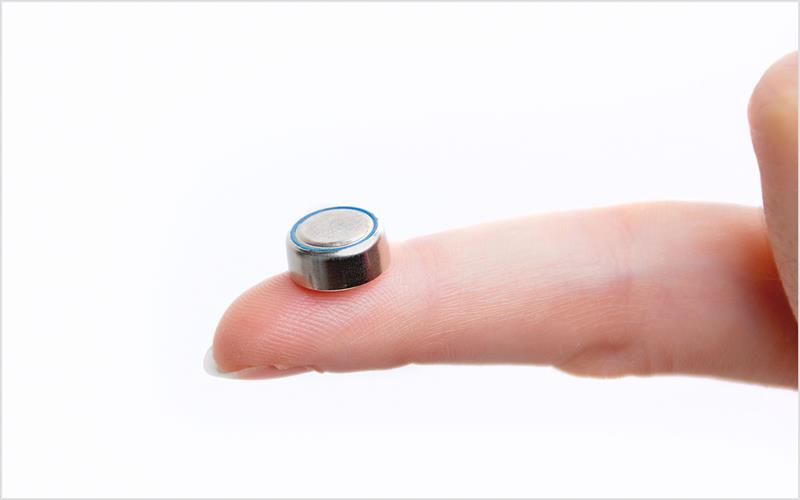
There is a practically all inclusive part to hearing aids that is to a great extent underdiscussed, and that is the batteries. For people with hearing aids, the batteries can be an obstruction to fruitful gadget use because of repeating expenses, support, and care. The expense of supplanting batteries is assessed to be an extra $100 consistently.
People can decide to supplant batteries on a timetable or a depending on the situation premise. For some individuals, a low-battery sound alarm comes from the hearing guide as a sliding series of signals, or a warning is shipped off your telephone telling you that soon the battery fueling your gadget will be finished. It is choice time. How would you continue?
We at the Aural Rehabilitation Lab at the University of Connecticut collaborated with the battery business to gain from hearing guide clients concerning how they treat the time has come to change their batteries. This examination utilized a subjective methodology where the emphasis was on advancing straightforwardly from individuals who have direct involvement in hearing guide batteries. Individual meetings provided us with an approach to advancing straightforwardly from hearing guide clients as the specialists.
From that point, we created general patterns in light of everything people with hearing misfortune said to us. Fourteen grown-ups who wear hearing aids participated in interviews about their encounters with hearing guide batteries and how they oversee when the opportunity arrives to change the batteries.
The two significant patterns uncovered in these meetings were difficulties around changing batteries and client systems for evolving batteries. Each topic was additionally investigated in view of precisely what members said in their meetings.
The Challenge of Changing Batteries
While examining the difficulties encompassing evolving batteries, members in the meetings discussed concerns in regards to where it was suitable to change a battery, confronting tangible difficulties, and a requirement for more data about batteries.
During the meetings, members noticed that there are difficulties that accompany changing a hearing guide battery before others. Now and again the demonstration of taking out a hearing guide and individuals seeing it was the worry. Different times it was the need to need to let individuals know that they couldn't hear them while changing the battery.
Another test while changing hearing guide batteries is that it very well may be difficult to control such a little battery. A few members saw that they would in general drop the hearing guide battery since it was so little. Others saw that once they dropped it, since they couldn't hear where it fell, they experienced difficulty finding it a short time later.
Everybody talked with likewise discussed proactive procedures that they used to keep their hearing aids running. These systems included keeping battery "stashes," standing by to supplant batteries as late as possible, and settling on cost-cognizant choices concerning when to purchase batteries.
In the meetings, members recorded various spots they store their hearing guide batteries, including rucksacks, satchels, vehicles, and extraordinary pockets. Having batteries available in different areas was vital to numerous members since they were hanging tight for batteries to completely kick the bucket prior to supplanting them.
By delaying until the battery passed on, the interviewees detailed that they got the longest life conceivable. A long life was critical to members due to the expense related with evolving batteries. This is an extra repeating cost that isn't talked about as much as programming visits, earmold changes, and different strides to getting a hearing guide.
It's ideal to keep yourself as educated with your hearing aids and a new breakthrough in the technology. Ask your query via Book an Appointment today. For more information visit https://hearing.careinc.ca or you can call us today at (403)605-6300